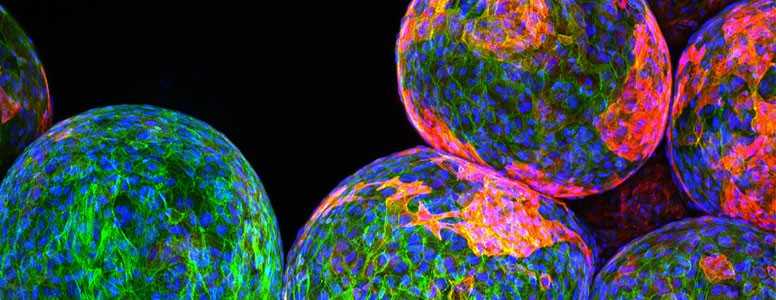Blue corn extract could have the potential to protect against conditions such as type 2 diabetes by treating or preventing metabolic syndromen, researchers suggest.
Blue corn has good nutritional value and is packed with essential minerals such as iron and zinc, but blue corn extract does not have the same starch found in corn bought in shops.
Previous studies have showed blue corn extract can protect against obesity, which is significantly linked with type 2 diabetes. These studies inspired scientists at the Basic Sciences Institute at the University of Veracruz, Mexico to investigate whether the extract could inhibit the effects of a poor diet.
They found that rats with diet-induced metabolic syndrome – a cluster of high blood pressure, high blood sugar and excess body fat that increase the risk of heart disease, stroke and diabetes – experienced significantly lower abdominal fat gain when fed blue corn extract.
The extract also led to improved blood pressure, high-density lipoprotein (HDL) cholesterol and triglyceride levels, of which all are risk factors for metabolic syndrome.
The mice had been fed a high-sugar diet for 12 weeks in order to induce metabolic syndromen, then after the 12 weeks they were allocated to one of four groups: a high-sugar diet; a high-cholesterol diet; a diet high in cholesterol and sugar; and a diet high in cholesterol and sugar with blue corn extract.
It was the group fed blue corn extract that had the highest health gains, indicating that adding blue corn to the diet could be effective in preventing metabolic syndrome.
“The blue maize may represent a promising nutraceutical option for the treatment of [metabolic syndrome],” said the researchers, who added that the reasons behind this association are currently unclear.
Past research has suggested it is the antioxidant properties of blue corn extract that provides protection against obesity, cardiovascular disease and diabetes.
The Veracruz scientists now plan to conduct further studies to determine the health benefits of blue corn extract in humans.
The study appears online in The Journal of Medicinal Food.
What's new on the forum? ⭐️
Get our free newsletters
Stay up to date with the latest news, research and breakthroughs.



